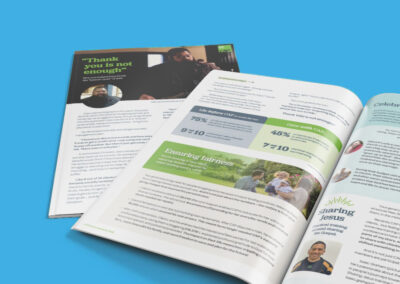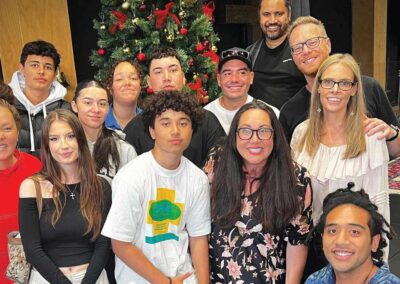If you’re going through a tough season, stress can cause you to shut down and act out – but it is possible to take the pressure down and refill your tank.
When the going gets tough, the tough get going, right? Not necessarily. When we find ourselves in challenging circumstances sometimes our bodies switch into survival mode. For some of us our instinct is to fight – but others will take flight, freeze, or fawn (also known as “people pleasing”) instead. These are normal responses, and it is normal for people to react in different ways.
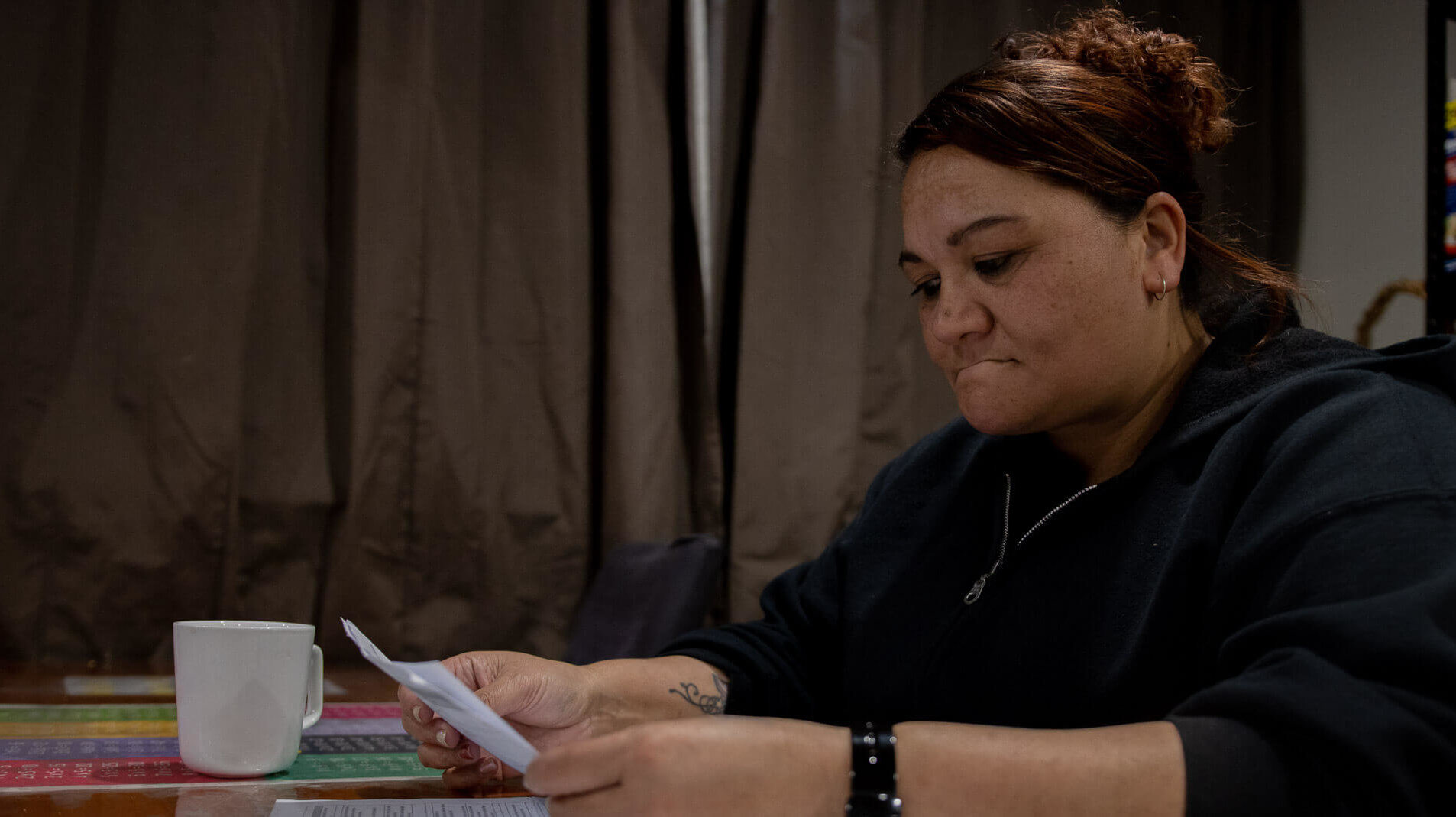
For Rose, the stress of escalating debt and 70-to-80-hour working weeks caused her to both fight and fawn. She was constantly juggling bill payments while also trying to prioritise her family’s needs. This took a heavy toll on her mental wellbeing.
It was crucial for Rose to acknowledge her financial situation was more than she could tackle alone. This realisation enabled her to finally call CAP for free, confidential help, signaling the start of her journey out of debt, and putting an end to the debilitating stress that came with it.
Below we share the key steps in Rose’s journey that helped her go from surviving to thriving.
1. Identify your survival mode

Counsellor Aaron Ironside says it’s helpful to be self-aware about what ‘fight, flight, freeze…’ response you’re prone to. Have a think about how you might respond to a particularly stressful situation.
Are you more likely to
- Fight (defeat the opposition);
- Take flight (run);
- Freeze (hide);
- Fawn (people please)?

Fight mode looks like irritability, anger and aggression.
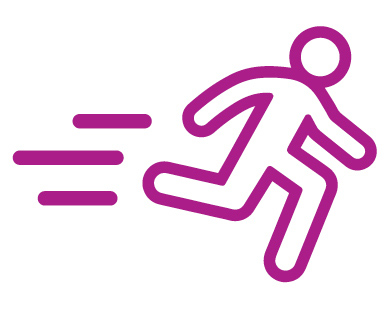
Flight mode can present as anxiety and fear, panic, avoidance, chronic worry or perfectionism.
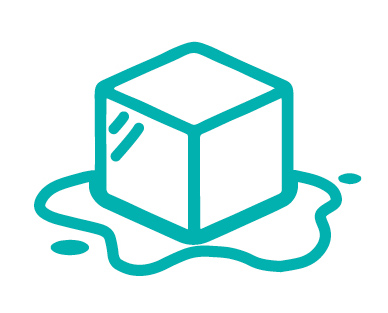
Those who freeze feel overwhelmed and powerless, and can experience dissociation. (Dissociation is when you look for activities, such as social media, to make you feel disconnected from your thoughts, feelings, memories, or surroundings.)
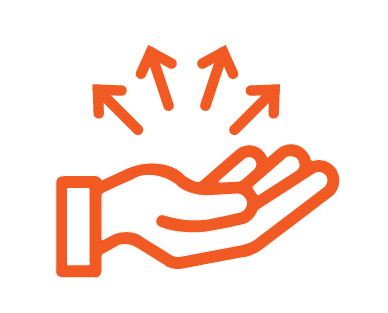
If fawning is your default or “go-to”, then setting boundaries will become hard. You’ll find yourself avoiding conflict and prioritising others’ needs over your own.
Aaron says it’s also important to realise that it’s not helpful to stay in this survival mode. We experience disruptions to eating and digestion, resting and sleeping, creativity and, crucially, problem solving.
“An alarm has gone off and you’re reacting. Powerful emotions, such as shame, function as a trigger and everything that happens gets converted into a threat. The body is convinced something dangerous is happening. Those responses – fight, flight, freeze, fawn – don’t help us at all, they make the situation harder… We don’t have access to our problem-solving brain. We’re draining our tank of fuel at 100km/hr. Adrenaline has dialled every reaction up, our coping energy is falling. We’re not designed to have alarm on that often.”
Rose was aware of her tendency to fawn. She had helped raise her siblings after her mother’s death, so was used to ‘sucking it up’ in tough times. She constantly took care of others’ needs first – pawning things in to get cash and turning down social invitations (which would have refuelled her tank).
“Mental health was definitely a tough journey for me personally, because I was doing this all on my own… I’m one of those people that would always take care of family first… the last one to take care of myself.”
[Spoiler alert: Rose is no longer running on empty. Not only does she now have the tools to get into a better space with her mental health, she has ways to keep her tank full. Keep an eye out for her future tips… coming in late September 2021!]
2. Reach out for help
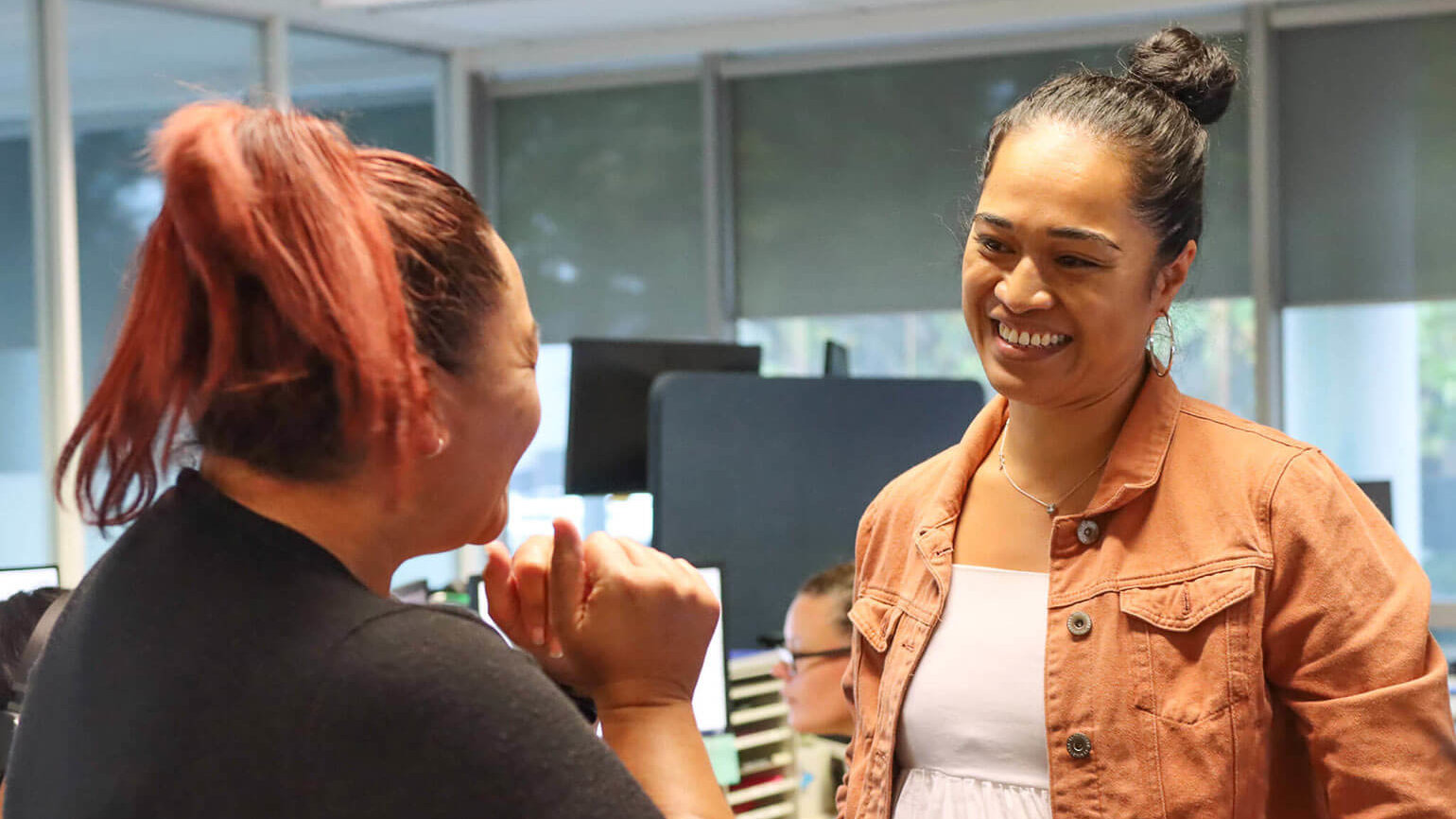
This is a simple foundational – yet transformational – step in progressing out of survival mode, no matter what you’re facing. As they say, “a burden shared is a burden halved.”
Rose’s breakthrough came when she heard about Christians Against Poverty from her cousin, a debt-free CAP client, who shared that she now has savings and manages to take her family on holiday. Wanting that for her own children, Rose mustered up the courage to call 0508 227 111 for free help.
“I know I’m an independent person but sometimes I’ve had to put my pride aside and ask for help – and reaching out to CAP was probably the best thing I could have done.”
Rose’s discomfort around making that first call was outweighed by the wave of relief she experienced when she no longer needed to carry such a heavy burden alone.
“The encouraging words that were coming out of the [CAP responder’s] mouth: I could feel the aroha coming through her prayer… I was scared about having all my paperwork and then seeing the amount of debt… I remember [the responder’s] words because she said she was happy that I picked up the phone and called her today, and that we can now start this journey together – and that on its own, just, wow.”
A good way to get started is to make a list of people with whom you would be comfortable sharing what you’re going through. Then get in touch with one of them to arrange a time to meet, or call them for a chat.
With the weight of Rose’s burden now shared, her adrenaline eased off, and she could begin to think clearly and sleep better…
3. Next, make a plan
When we’re stuck in survival mode, we can’t think clearly. Getting a ‘plan of action’ on paper stops your thoughts swirling around in your head. Your plan today could be as simple as listing out practical things you can do this week to get you started.
Rose found that when she started with CAP, a plan made all the difference. CAP arranged for a Debt Coach to visit Rose’s home. Her Debt Coach assembled Rose’s bills and sent them to CAP’s Support Office. The team rolled out a plan in the form of a budget – which ensured all her family’s needs like rent, healthy food and bills were met. Better still, CAP negotiated with her money lenders to reduce the overall debt and interest owing.
With this new timeline in place and a fresh expectation of getting out of debt, Rose experienced a wave of relief.
“Things at home got better, you have more food on the table. When you stick to your budget you see where things go. I could actually go and get me a new pair of glasses, because I needed them, but [before CAP] I always put my health to the side.”
Rose’s debt free journey wasn’t always easy. At times she struggled to keep momentum – but to her credit, she made her peace with that. Along with a plan, there needs to be an understanding that occasionally we’re all going to slip-up or fall short.
“When I got my first budget it said two and a half years. But because of some setbacks that obviously took me longer… There were times where I could have given up. But I made sure to always communicate with the team… I stayed with it.”
4. Just focus on the next step

This is a strategy affirmed by Aaron and is particularly helpful for those who are most likely to freeze.
“The whole project can seem like too much but focussing on the next step gets you back into the chain of events, gets you moving. It’s just about a next step, something you can do. It’s the antidote when you feel shutdown when it’s all too much.”
Aaron also reminds us to take a moment to consider whether we can actually influence the situation, or whether we’re best to acknowledge the problem/threat as someone else’s challenge. “Don’t try to control the uncontrollable. It generates the feeling of powerlessness which triggers the fight-flight-freeze-fawn response.”
As Rose approached the debt-free finish line, she began to make new plans for the future.
“Towards the last month I started making goals and wrote them down. I’ve enrolled to study, to start a small business, so that next year I can go out and open a dessert shop in Papakura… I’m 42 and I’m going back to study. I said to my partner, ‘You know what, I enrolled today’ and he just gave me the biggest hug.”
5. Celebrate the wins
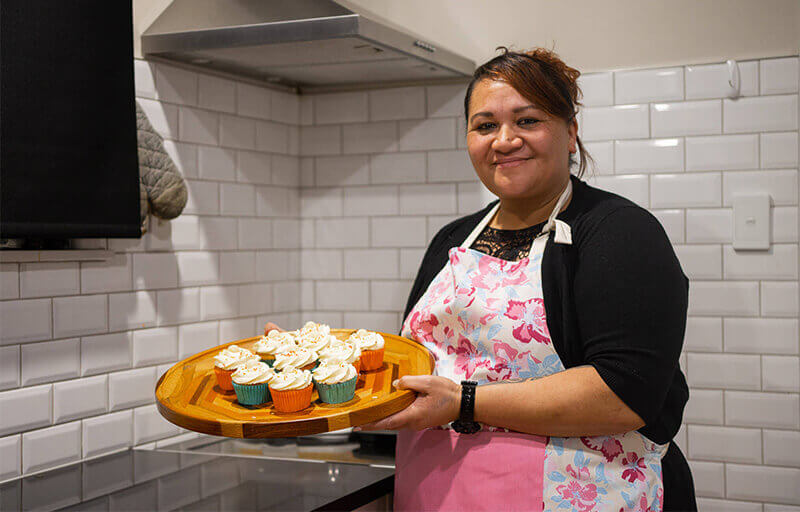
You’re working hard, so make sure you take a moment to reflect on how far you’ve come. Celebrate all wins – big and small.
Rose was having lunch at the factory where she worked when she received the call from CAP to say she was debt free.
“I just went all quiet and my body just… a whole lot of joy through that call…a whole lot of warmth. It was the best feeling ever… I rang my partner, my daughter. “I said ‘We will have a better life… we will definitely have a better life now.” I cried for a good two hours after that, still sitting at my desk. I’d eaten half my pie, I couldn’t even finish my lunch.”
Because Rose was able to save money while journeying with CAP, she had $1,200 in savings left in her account after paying off the debt. She’d been fundraising for her father’s headstone, so she used the $1,200 to purchase this and to buy a laptop for her studies.
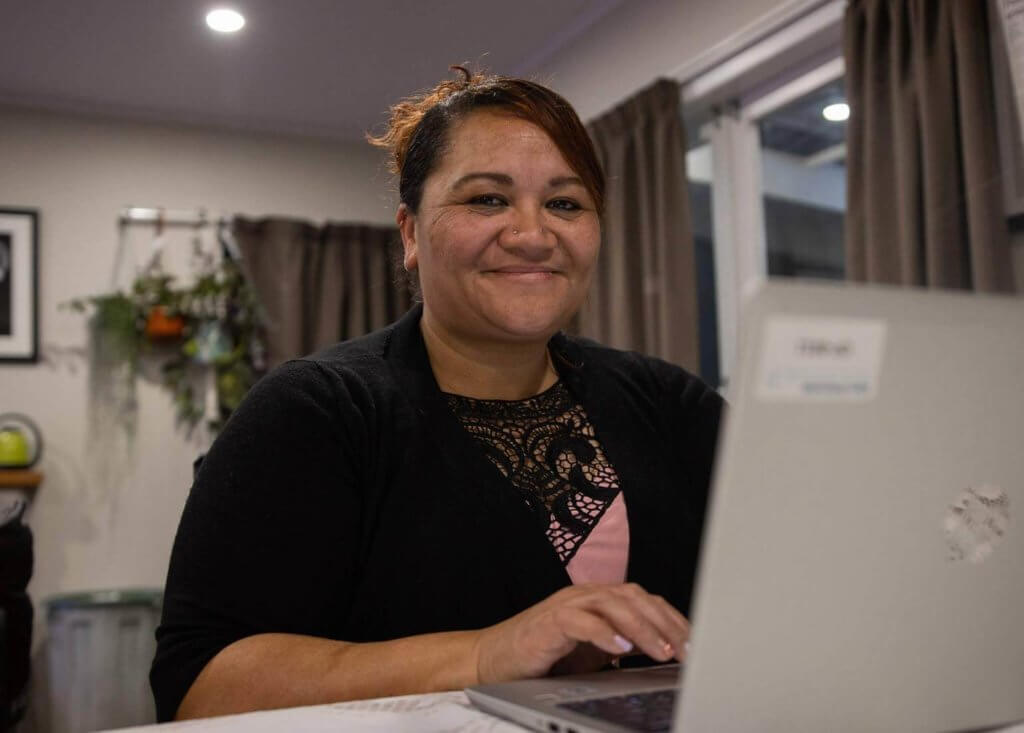
And with her newfound discipline of saving, she was able to pay cash for a car the very next month. After years of simply surviving, Rose finally has the chance to thrive.
“I want others to feel how I did once I got that phone call. I’ve always put other people first. But you know they always say, ‘you’ve got to take care of number one.’ And now I can do that because I have this financial freedom. I have so many goals because of CAP.”
Rose now encourages her adult children to save and pay cash for things unless they’re getting a mortgage.
“If someone had said to the younger Rose at 18, ‘don’t get credit’ that would’ve been the best advice ever. So that’s what I tell my children.”
If you’ve found yourself stuck in survival mode, we’d like to remind you again that this is normal, but you don’t have to stay there – help is available.
❤ Where to get help
- 1737 – Need to talk? Free call or text 1737 any time for support from a trained counsellor
- Suicide Crisis Helpline – 0508 828 865 (0508 TAUTOKO)
- thelowdown.co.nz – or email team@thelowdown.co.nz or free text 5626
- Anxiety New Zealand – 0800 ANXIETY (0800 269 4389)
- Aaron Ironside – If you’d like help from a counsellor but money issues are holding you back, counsellor Aaron Ironside’s intern, David Hinchco, has decided to make his counselling sessions available on a koha basis. So if you can’t afford money for therapy, that’s fine – but if you want to make a financial gift to David there is no set fee for the remainder of 2021. Make an appointment via the BOOK NOW page on Aaron’s website: aaronironside.co.nz
